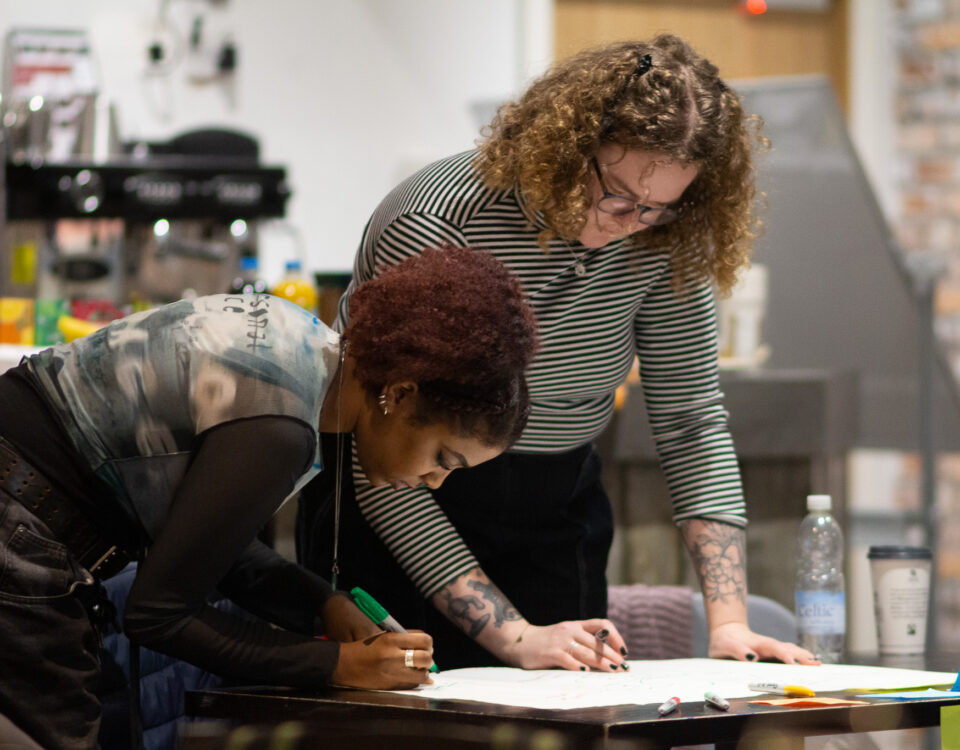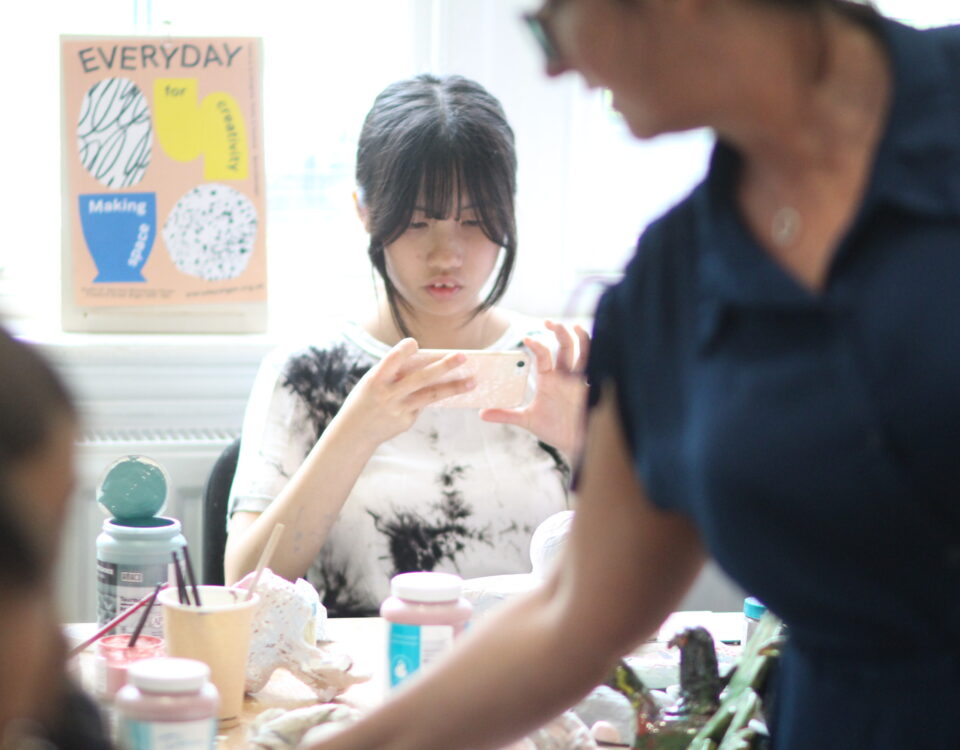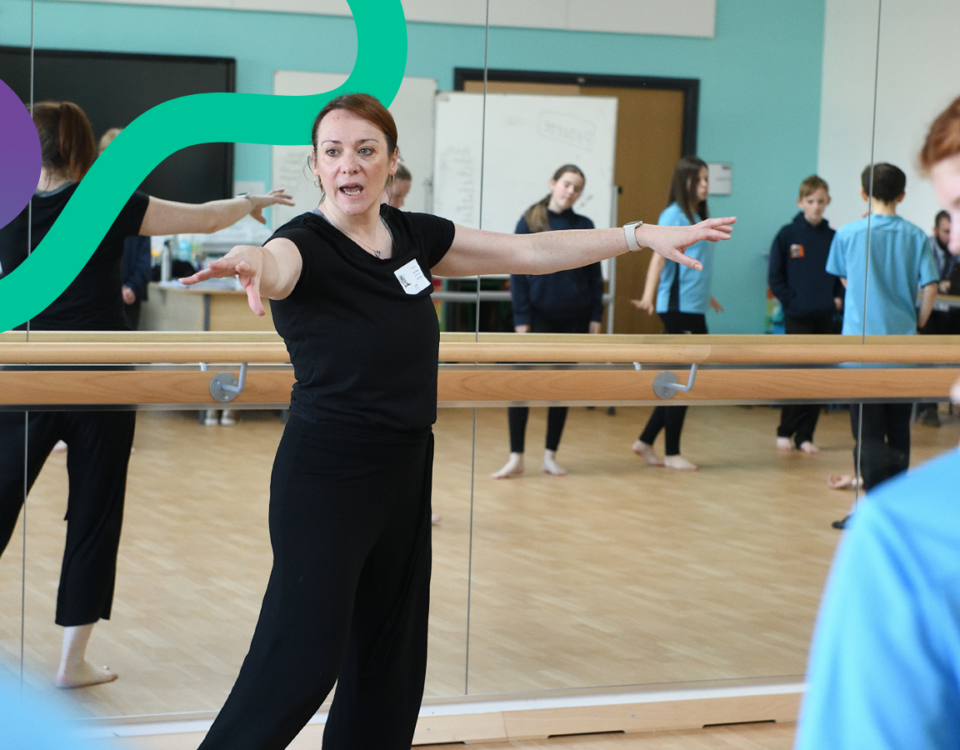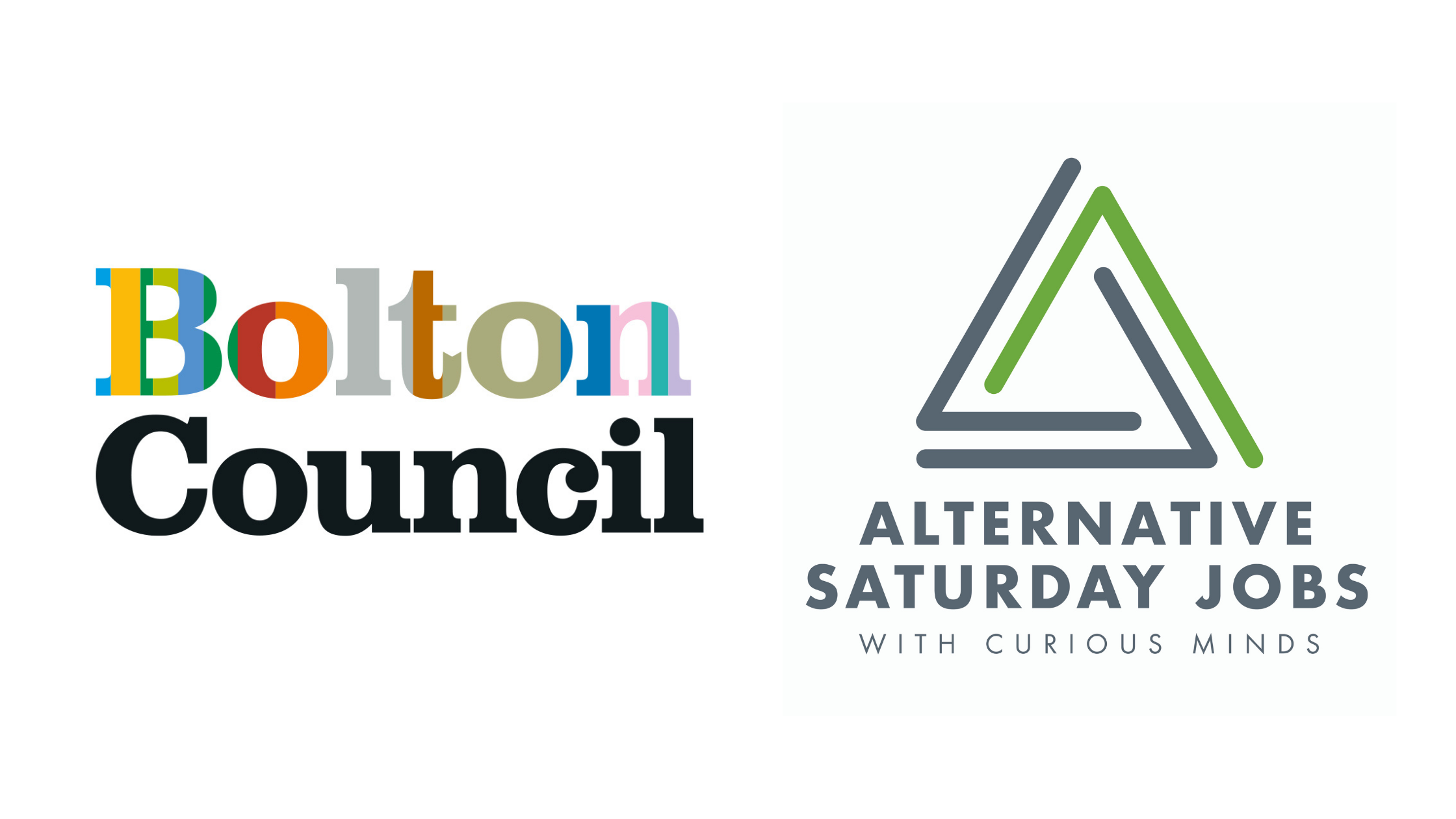
Bolton Museum Alternative Saturday Jobs
November 24, 2020
Arts Award in Lockdown
December 4, 2020Looking After Children
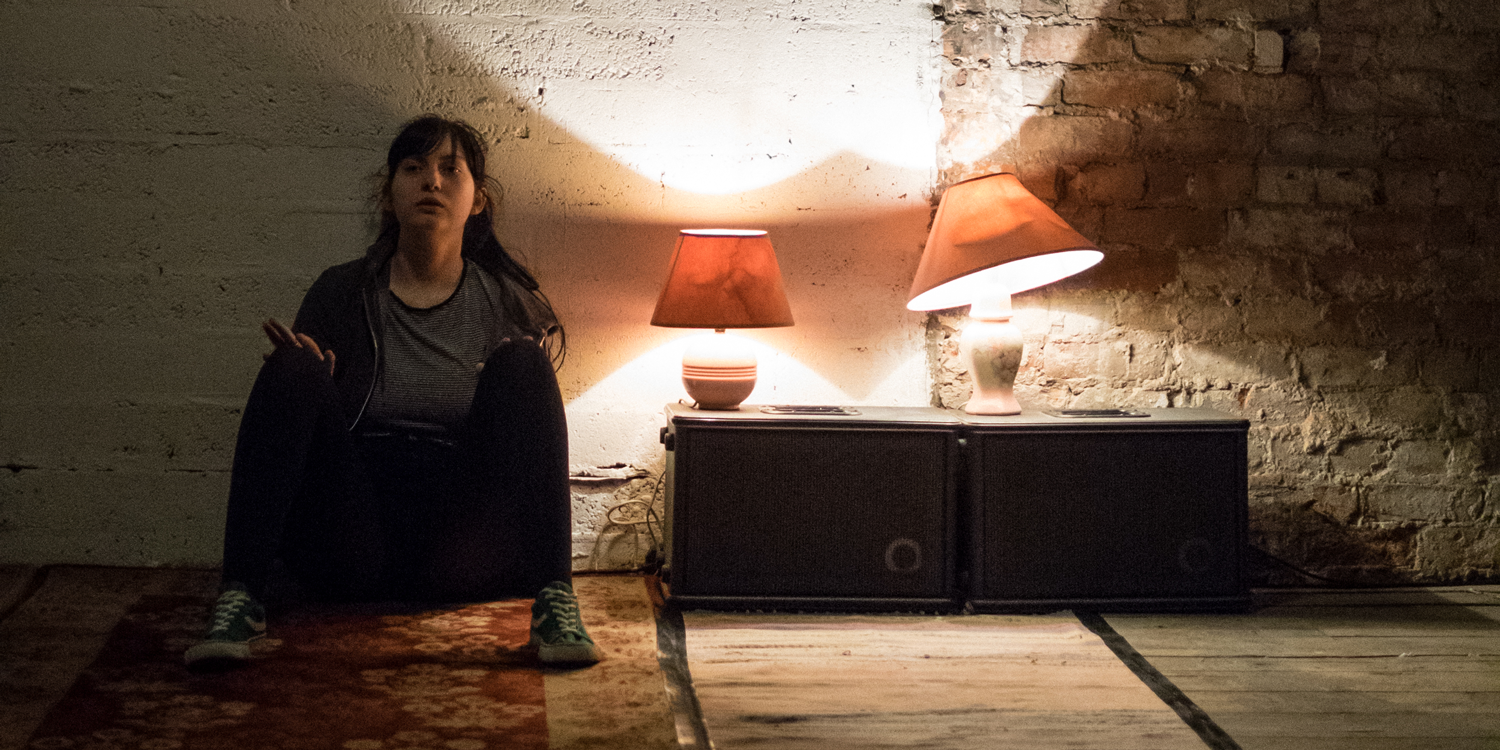
What tangible difference are Local Cultural Education Partnerships making for young people in North West England and how are they uniquely positioned to effect real change where it's needed most? Curious Minds asked Sarah Bailey, cultural education consultant and facilitator, to take a look at how the Liverpool Partnership has been able to make connections that count.
Liverpool was one of the first cities in England to develop a Local Cultural Education Partnership. A well established group of arts organisations brought wider partners together to create greater access to culture for children and young people. In their work for Looked After Children, they have demonstrated the power of collaboration in cultural education.
By 2020, before the onset of the pandemic, Liverpool's LCEP was working on 3 priorities:
The organisations represented on the steering group serves as an illustration of the breadth of its work; arts organisations, museums, school improvement, schools, music education, universities and mental health leads all coming together to identify the way forward for children and young people in culture.
Like many cities, Liverpool has arts organisations that are passionate about reaching those least likely to engage (or - historically - easy to ignore). Prior to the development of the partnership, a number of organisations were already seeking out opportunities to work with Looked After Children. In particular, Collective Encounters, Liverpool Everyman & Playhouse and 20 Stories High.
Discussing this with Rebecca Ross-Williams, Creativity & Social Change Director at Everyman & Playhouse, it becomes clear just how essential the LCEP has been in making this work.
By 2020, before the onset of the pandemic, Liverpool's LCEP was working on 3 priorities:
- Safeguarding and inclusion
- Schools and cultural education, and
- Employment and skills
The organisations represented on the steering group serves as an illustration of the breadth of its work; arts organisations, museums, school improvement, schools, music education, universities and mental health leads all coming together to identify the way forward for children and young people in culture.
Like many cities, Liverpool has arts organisations that are passionate about reaching those least likely to engage (or - historically - easy to ignore). Prior to the development of the partnership, a number of organisations were already seeking out opportunities to work with Looked After Children. In particular, Collective Encounters, Liverpool Everyman & Playhouse and 20 Stories High.
Discussing this with Rebecca Ross-Williams, Creativity & Social Change Director at Everyman & Playhouse, it becomes clear just how essential the LCEP has been in making this work.
The Cultural Education Partnership has deepened and given shape to collaborations that support professionals like Rebecca to make structural change.
Listening to Rebecca is inspiring. Even before the more strategic approach developed by the partnership, positive outcomes had already been achieved individually with some of the city's most vulnerable young people. She told me the story of a young man who began his journey at Liverpool Everyman 5 years ago. He was finding every day a struggle and didn’t really want to get out of bed. Now he works professionally as a theatre technician.
However, Rebecca and her colleagues had found referrals difficult. The usual challenges around information sharing - both in terms of what was available for young people and also what young people wanted and needed - were causes of frustration on all sides. This was an area in which the partnership could help.
However, Rebecca and her colleagues had found referrals difficult. The usual challenges around information sharing - both in terms of what was available for young people and also what young people wanted and needed - were causes of frustration on all sides. This was an area in which the partnership could help.
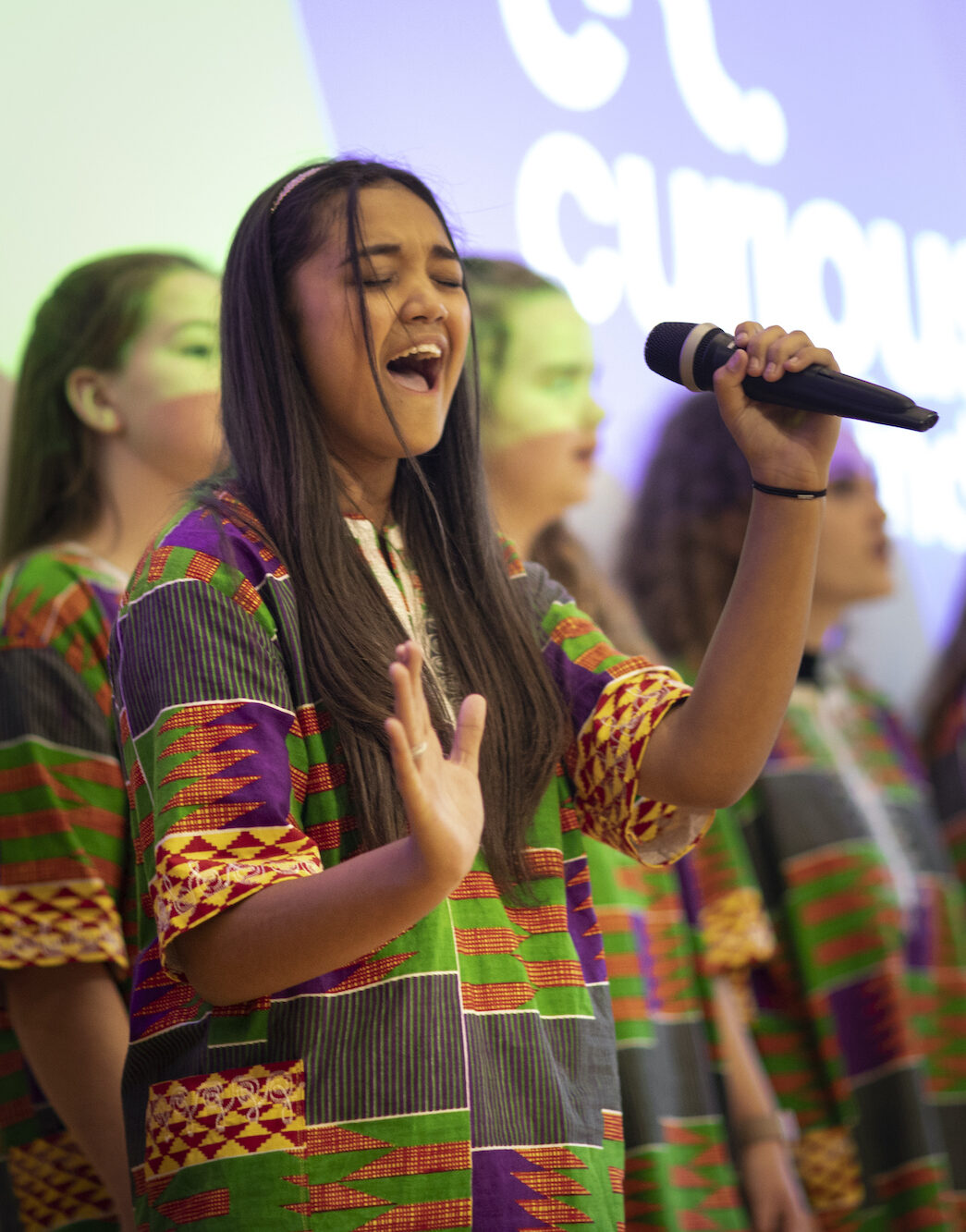
The programme started with a free ticket scheme. However, after a year, the level of take-up wasn’t achieving its potential. Connections through the LCEP made it possible for Rebecca to have a direct conversation with the then Director of Children’s Services, Colette O’Brien, about a very specific challenge - “We didn’t know how to get communication working.”
This opened up the possibility of talking directly to Social Workers and, from there, several new ways of working became possible.
This opened up the possibility of talking directly to Social Workers and, from there, several new ways of working became possible.
A pledge and set of standards for cultural organisations was developed.
A peer mentoring approach between arts organisations created quality assurance.
The new Director of Children’s Services, Steve Readie, linked in Liverpool Cornerstones, a foundation focused on children in care and care leavers.
A new embedded approach to referral became possible, linking to an existing online tool used by Social Workers.
A bespoke Safeguarding Handbook was designed by Liverpool Learning Partenrship, Liverpool Everyman and Playhouse, Collective Encounters and 20 Stories High.
13 different cultural organisations are now signed up to this city wide approach and social workers can refer to appropriate organisations with greater understanding and confidence. Annual refresher training keeps the practice responsive to change. Their next challenge is to develop a better shared understanding of Looked After Children’s ideas and motivations.
Professionals like Rebecca are common in cultural education. We all know deeply committed colleagues who want to make a difference. The Cultural Education Partnership has deepened and given shape to collaborations that support professionals like Rebecca to make structural change.
Rebecca talked with great respect and appreciation for her colleagues in other arts organisations; about Elaine Rees, the passionate School Improvement professional who connects all schools in the city, and about the changes in practice made possible through Steve Reddy and the new Virtual Head, Carolyn Lawler.
Together they make it possible for more Looked After Children and young people to access their cultural entitlement.
Professionals like Rebecca are common in cultural education. We all know deeply committed colleagues who want to make a difference. The Cultural Education Partnership has deepened and given shape to collaborations that support professionals like Rebecca to make structural change.
Rebecca talked with great respect and appreciation for her colleagues in other arts organisations; about Elaine Rees, the passionate School Improvement professional who connects all schools in the city, and about the changes in practice made possible through Steve Reddy and the new Virtual Head, Carolyn Lawler.
Together they make it possible for more Looked After Children and young people to access their cultural entitlement.


